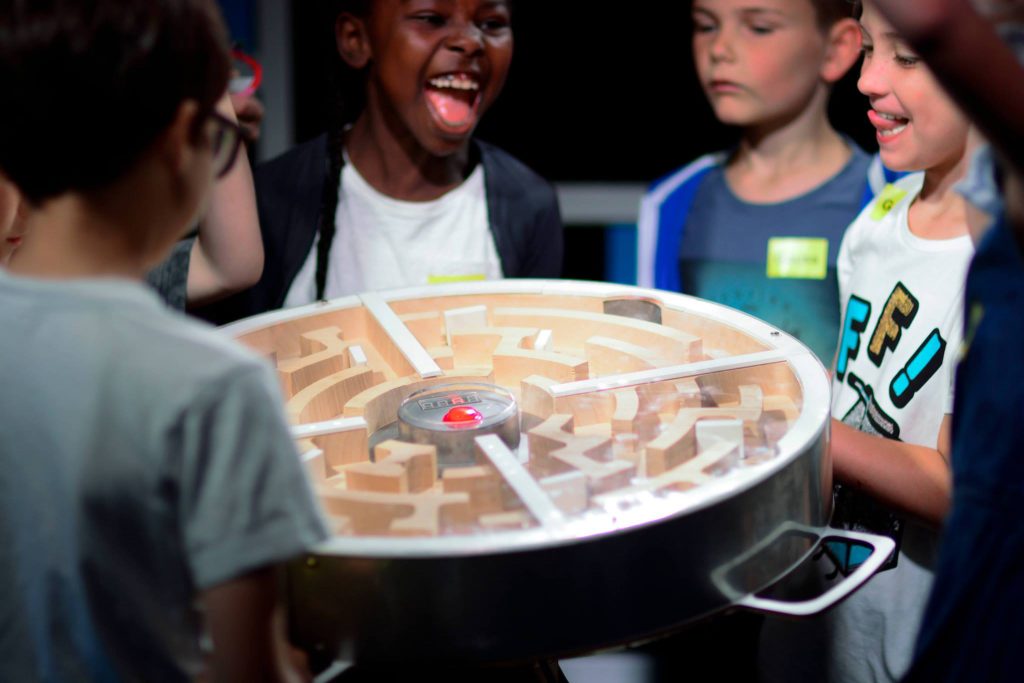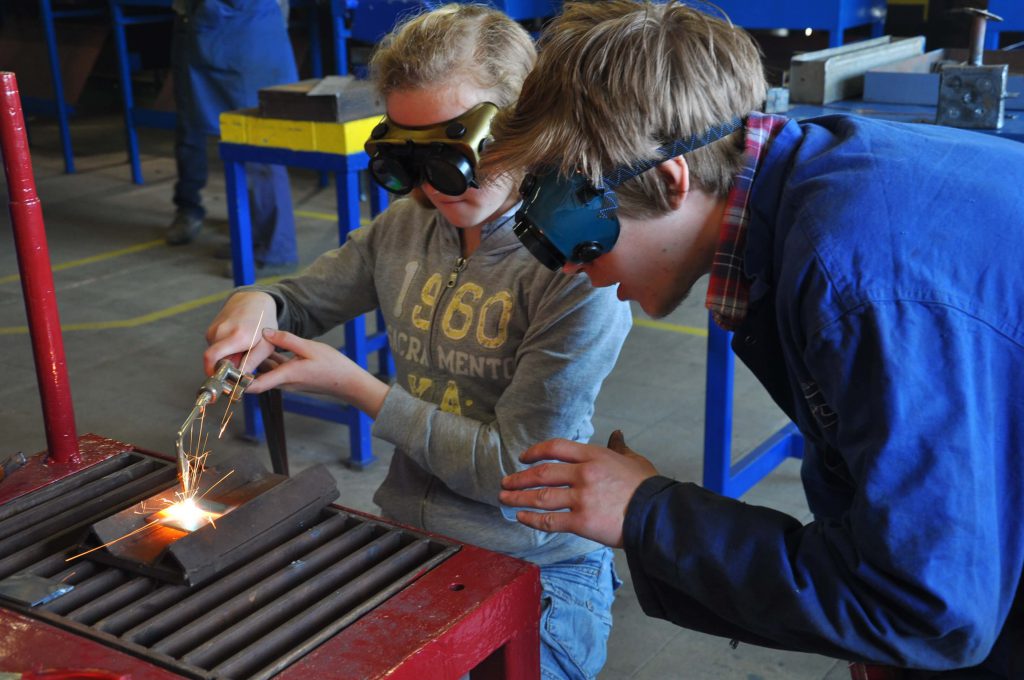We, we face incredible challenges during this covid-19 era. Around the world, children and adults alike are feeling the consequences of lockdown. We can’t be together nor hug. Some of us fear we might die or lose a loved-one. On top of it, we are sleepless because of the anxiety we might lose -or just lost- our jobs because of the economic impact of the current measurements.
We, we see the impact on the environment these lockdowns have: clearing the skies, dissolving air-pollution, reducing the noise of our technological society.
We, we witness times where racism is yet again killing innocent fellow citizens. It is a lived reality, offending, hurting and deeply impeding the lives of so many people.
We, we often feel the lack of meaningful leadership in times where social media platforms appear to be no longer social nor friendly but rather just the speakers of like-minded people unable to embrace differences in views as a source of enrichment.
But before all that happened, even a much bigger wave was -and is- just about to hit the shores. Ubiquitous, mobile supercomputing. Self-learning software. Intelligent robots. Self-driving cars. The evidence of dramatic change is all around us and it is happening at exponential speed. The World Economic Forum calls it the 4th industrial revolution. A new world we are building, one that is just starting to attack a lot of the current workforce, and this time round not just manual labor. But it also brings opportunities to better what is bad and to imagine brave new innovative leaps for humanity.
It is very wrong to say that only a handful of intelligent, brave and lucky women or men are capable of being successful in bringing new ideas to life.
One thing is clear: the old knowhow is failing short. Twenty years into this century, we need new answers, new ideas, new concepts. And these come from people who are confident to use their imagination, to think outside of silos and to be inspired by the possibility to improve our society; for some it is an idea for a solution in their personal life or in their community, while others come up with a solution for a global challenge. But where do these people get their ideas from? The answer is, they are in and around us. It is up to us to open our eyes and minds to it.
It is very wrong to say that only a handful of intelligent, brave and lucky women or men are capable of being successful in bringing new ideas to life. The problem is that most of us have never learned this at school or in our homes, and we most likely work in an environment that doesn’t allow new ideas to pop up and grow.
We do not run education systems, nor do we run companies in a way that people are truly invited to come up with new ideas. Even though the management-level might think differently, in most cases ideas get killed right away. Almost all education systems and companies run an eco-system in which new ideas get judged within the second they have been expressed, and in almost all cases been put down as “too expensive”, “won’t make the deadlines”, “customers don’t want this”, “we don’t have the supply system for that” or just a plain simple “impossible”. And so, most people -as they do not want to become the colleague labeled as ’the one with those unrealistic and invaluable ideas’– turn silent. And that is how we -as humanity, as companies, as organizations- are losing a lot of great ideas, silencing the creativity and imagination of engaged people. The reality is that most people turn silent, because they do not have the economic freedom to fight too much against this idea-killing context; afraid of losing their jobs, their income.

In times like these, it is not just important to look for short-term ideas, but it is imperative to invest in long-term solutions. The most powerful one would be to give young students -in a safe environment like education- the possibility to express their ideas, no matter what (small, big, personal, global) and learn how to bring those ideas to life. But the system is outdated. It was designed 200 years ago up against the framework and in the image of the first industrial revolution. Sir Ken Robinson proved this to us in his famous TED-Talk Do Schools Kill Creativity. The challenge is that many people when they graduate have lost the ability to understand how they can be creative, problem solving team-players and how to take on an idea and bring it to life. That is because we still run systems where mistakes are the worst thing you can do. But for you to be creative, you need to be willing to be wrong, to make mistakes.
Changing the education system is not easy. The reason being that there are so many stakeholders involved: students, educators, parents, companies, governments. Luckily, we see new types of schools popping up, doing it differently. But never should we rely on a one-model-fits all narrative: not in politics, not in mobility, not in software and certainly not in education. One specific new model might be good for some students, but won’t be for all. And despite those inspiring new schools, the vast majority of students is trapped in this outdated system. And this is where solutions like Project-Based-Learning (learn more via George Lucas Foundation’s Edutopia) or Maker-Centered-Learning (learn more via Harvard University’s Project Zero) are the way forward for educators. They bring the opportunity for students to work on an idea from a to z. Learning along the way that nothing comes easy, that bringing an idea to life means you will need to rely on teamwork, respecting each other’s talents and being resistant and resilient. Once a student has been through a process like this, they are likely to grow in confidence and take these skills with them in their future lives.
That will be the moment we will see that there are a lot more talented, smart, innovative people than we presume.
This would mean we start preparing a new generation that is not afraid to give ideas the time to grow, even if the idea in the beginning is challenging or sounds impossible.

The important reason behind it is this: just like in the upbringing of children, if -as a parent- you don’t do the effort of listening to the -probably inconsistent- stories of your six year old, your child will most certainly not confide in you when they become teenagers and adults to come to you with the important stuff. Same goes for schools: if we do not succeed in running an education system in which young students can work on their own ideas, without putting them down as “stupid”, “nobody wants this” etc., then they will most likely not grow up to become the engaged change makers we need.
We need to give purpose to youngsters. For some that might be politics or technology, for others fighting discrimination or climate change. That will be the moment we will see that there are a lot more talented, smart, innovative people than we presume. Bringing us new answers, new ideas, new concepts. All of them inspired with the power of possibility. And for some with the drive to live up to the legacy of innovators like Polish-French Marie Curie, American Sarah Breedlove or South African Elon Musk.


